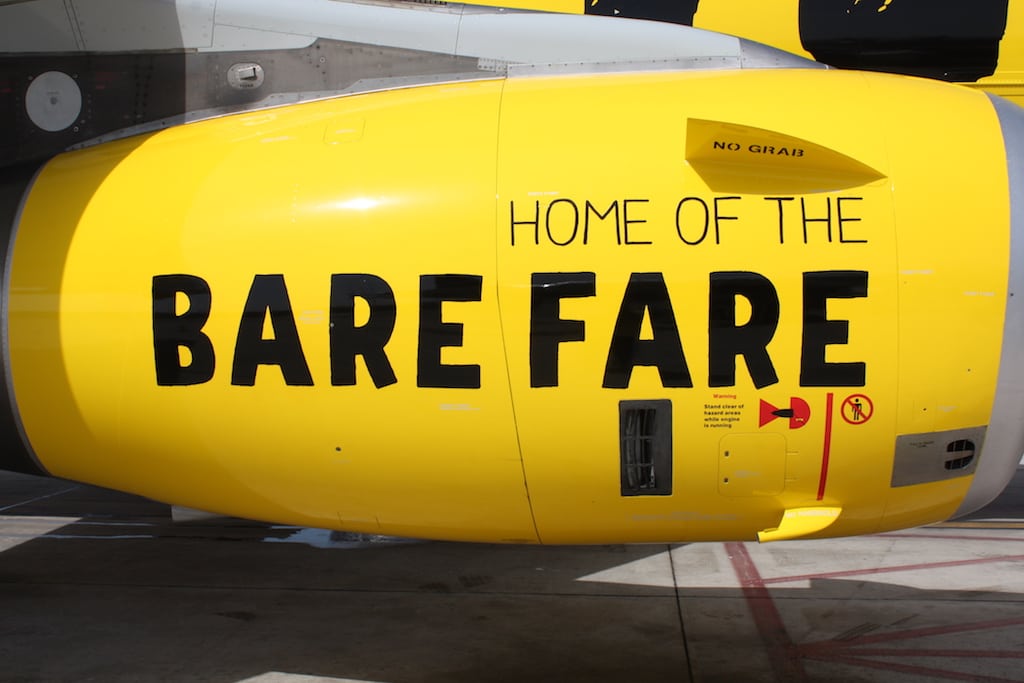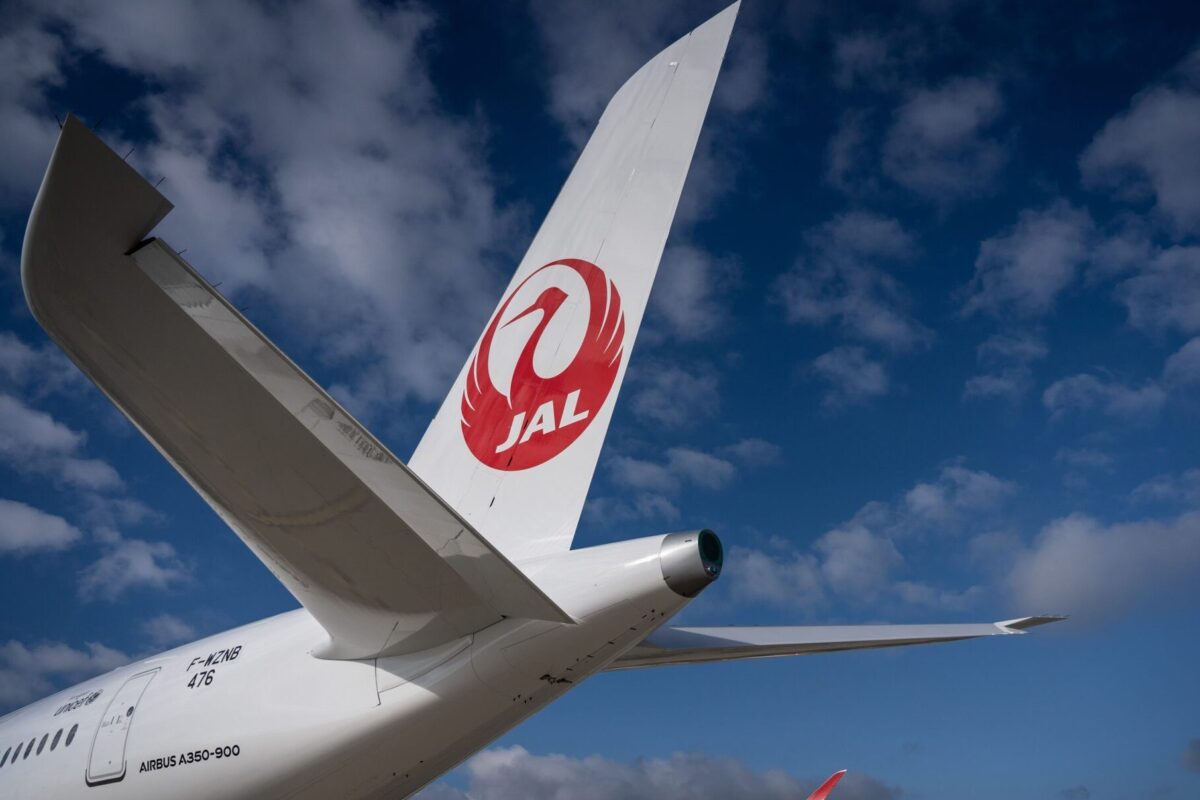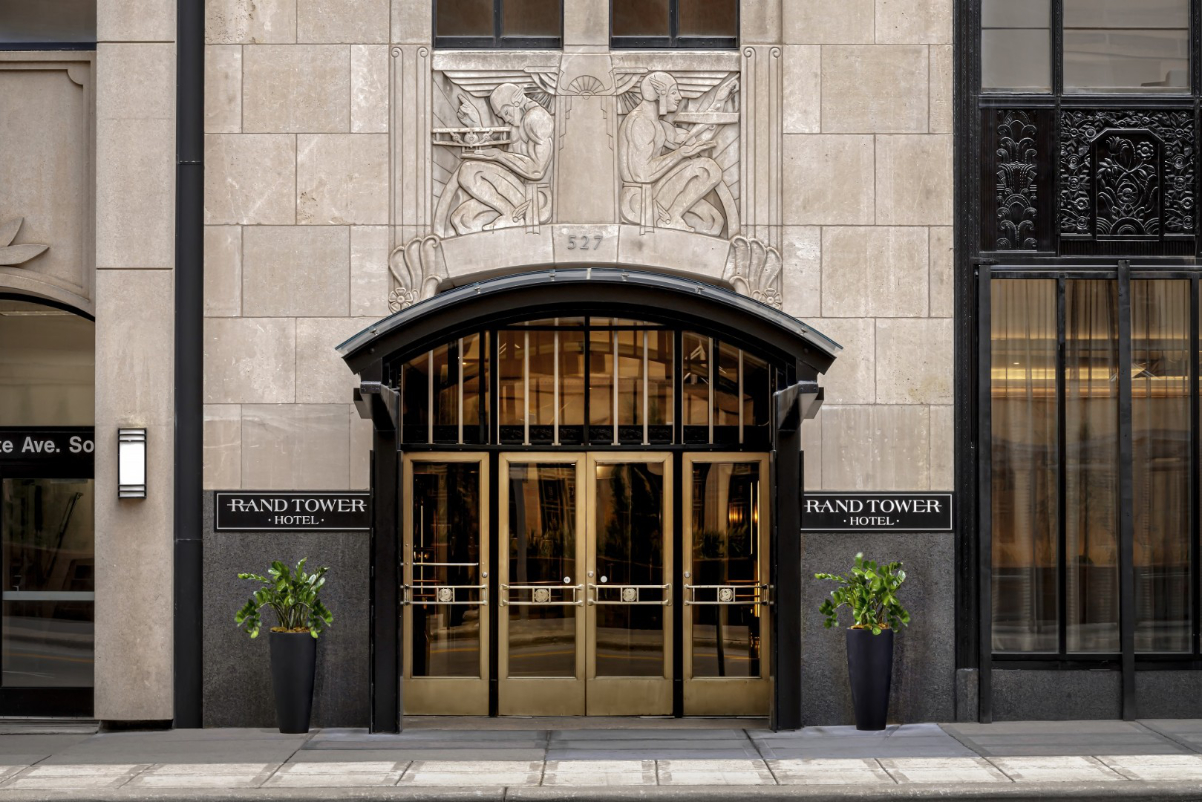What JetBlue Saw in Spirit

Skift Take

Skift Daily Briefing Podcast
Listen to the day’s top travel stories in under four minutes every weekday.Presented by Criteo.
Good morning from Skift. It’s Thursday, January 18. Here’s what you need to know about the business of travel today.
Listen Now
🎧 Subscribe
Apple Podcasts | Spotify | Overcast | Google Podcasts | Amazon Podcasts
Episode Notes
A federal judge blocked the proposed JetBlue-Spirit merger, putting an end to the two airlines’ attempt to create the fifth-largest carrier in the U.S. Why did JetBlue pursue a merger with Spirit Airlines? One key reason is Florida, writes Airlines Reporter Meghna Maharishi and Jay Shabat, senior analyst for Skift’s Airline Weekly.
While Florida is a major market for JetBlue, the New York-based airline doesn’t have much pricing power for those flights. Maharishi and Shabat note that absorbing Spirit in a merger would have eliminated a major competitor known for pushing down airfares. Travelers would have had one less option and probably would have seen higher fares.
U.S. District Court Judge William Young wrote the merger would lead to less competition in the industry since Spirit is the largest ultra-low-cost carrier. JetBlue and Spirit directly compete on roughly 40 routes to Florida.
Next, Airbnb has announced it’s forming a housing council to help the company better engage with communities it operates in, reports Executive Editor Dennis Schaal.
Jay Carney, Airbnb’s global head of policy and communications, said the short-term rental company would like to avoid regulations like those implemented in New York City last September. The city enacted a law requiring hosts be present for stays shorter than 30 days, which Carney described as onerous.
Former Baltimore Mayor Stephanie Rawlings-Blake, who once headed the U.S. Conference of Mayors, will chair the Airbnb council.
Finally, Chinese travelers aren’t super enthusiastic about visiting the U.S. in 2024 despite Beijing’s efforts to address the hurdles restricting outbound travel from the country, reports Asia Editor Peden Doma Bhuta.
Travel from China to the U.S. is expected to be 70% below pre-Covid levels this year, according to marketing technology company China Trading Desk. CEO Subramania Bhatt cited limited flight capacity and expensive airfare as factors deterring Chinese travelers from visiting the U.S. Bhatt added that a perception of high crime is also a concern for Chinese travelers.
Bhatt said Chinese travelers are increasingly interested in destinations suited to last-minute bookings, which means distant locations are taking a backseat.





